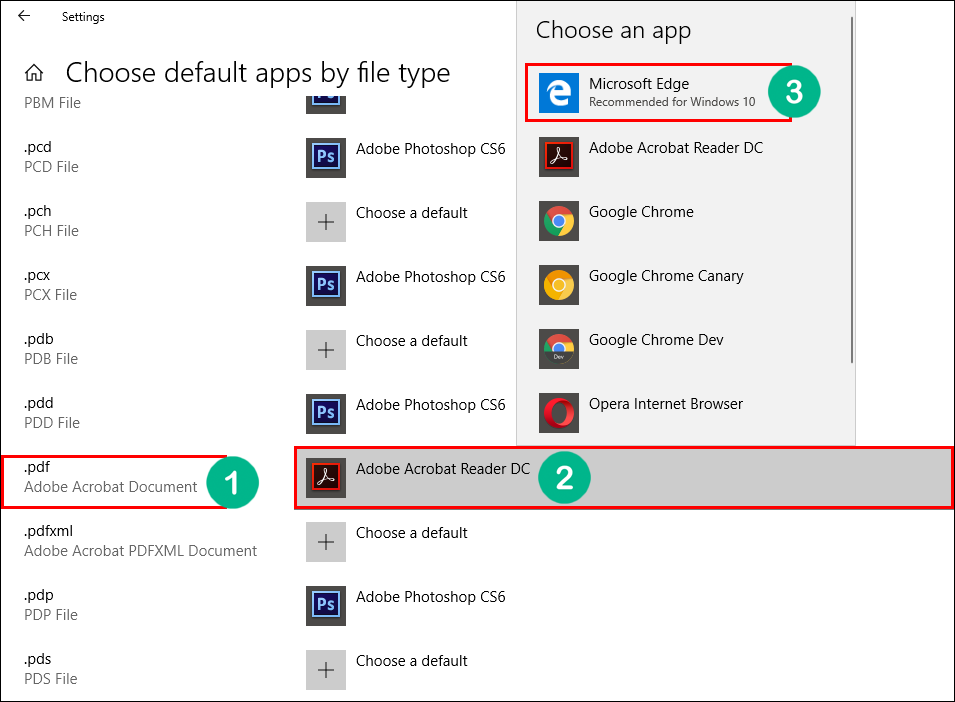

When finished, you are required to manually export to an XML file and save it to the shared folder you specified in the policy: The URL is edge://compat/SiteListManager. This is the latest version which is integrated into Edge. To set up the list I would recommend you use the Enterprise Site List Manager in Microsoft Edge | Microsoft Docs. To use the list approach, set InternetExplorerIntegrationLevel to 1 and provide a list in a shared folder in your network that all users can read but not write: You can also ask users to manually turn the switch on. We also recommend our Microsoft Edge + Internet Explorer mode Getting Started guide and our IE mode blog IE mode is possible by either providing a list (" InternetExplorerIntegrationSiteList" policy) or enforcing/recommending a manual switch in Edge (" InternetExplorerIntegrationReloadInIEModeAllowed" policy) for users to use. There’s also FastTrack, available at no extra charge to customers with 150 or more paid seats of Windows 10.

If you have Microsoft Unified Support, you can reach out to that support service for help with the transition. If you need help setting up IE mode, we offer various support options.

Please note: Windows Server 2016 is not supported for the local site list. The sites can be added here: edge://settings/defaultBrowser This allows users to add sites to temporarily (normally 30 days) open in IE mode. The second is the local site list for IE mode ( Local site list for Internet Explorer (IE) mode | Microsoft Docs).The first is setting up IE mode with a site list via policy ( What is Internet Explorer mode? | Microsoft Docs) This is normally done by the IT admin and there is no specific timeframe for the sites to be in IE mode.There are 2 different IE mode features and want to make sure they are not getting confused.


 0 kommentar(er)
0 kommentar(er)
